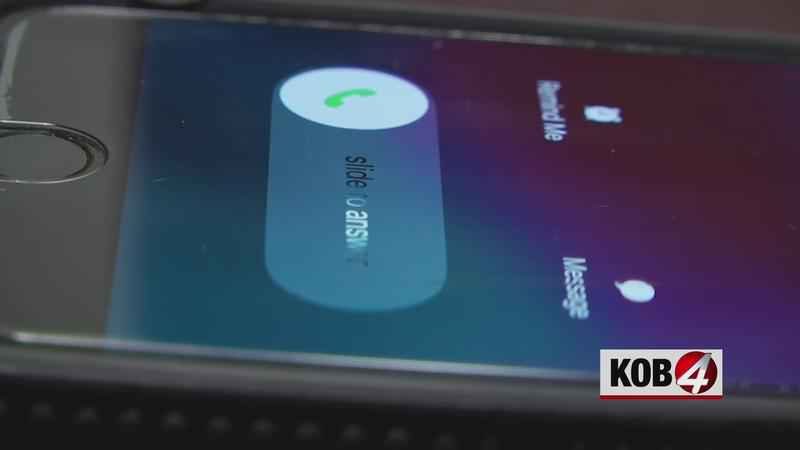PNM warns of phone scam threatening to shut off power

ALBUQUERQUE, N.M. — During the holiday season, PNM is warning about a phone scam threatening to shut off your power and demanding an urgent payment to resolve it.
PNM says more than 1,900 scam reports have been reported this year. Scammers often pretend to be PNM, claim you’re behind on your bill and threaten to shut off your electricity unless you pay with a prepaid card, gift card or electronic money transfer within an hour.
The scammers demand around $200-$500 and more than $1,000 for business customers.
Around 91% of people were reached over the phone. To get you to answer, it’s reported that scammers add a false PNM caller ID or a false 505 prefix to their number.
Scams often spike during the holidays when people are at home more often and dependent on electricity for various holiday needs. People often get fearful when their power is threatened and ignore red flags such as the scammer:
- Having a caller ID that reads PNM or a 505-prefix to try and localize their number
- Knowing your name and address and claiming you’re past due on your PNM bill
- Claiming that a technician is en route to disconnect your power within an hour
- Demanding you pay over the phone to prevent your power from being disconnected
- Only taking payment over the phone via prepaid card, gift card or electronic transfer
- Calling at odd hours, like the weekend or on a holiday
If you receive a call from a suspected spammer, be sure to listen to your instincts and report the scam. Other things you can do are:
- Tell them you will call PNM yourself or chat with them on the PNM website.
- Don’t take claims as the truth and check your own PNM bill online to verify your balance and see if there’s a disconnect notice (You can check your PNM balance by texting #BAL to 78766)
- Check the clock and calendar to see if it’s a holiday or outside of the 7:30 a.m. to 6 p.m. weekday hours
- Never give out bank info over the phone to suspected scammers
- Watch out for if they demand payment by a prepaid card, gift card or wiring money; if they do, it’s a scam